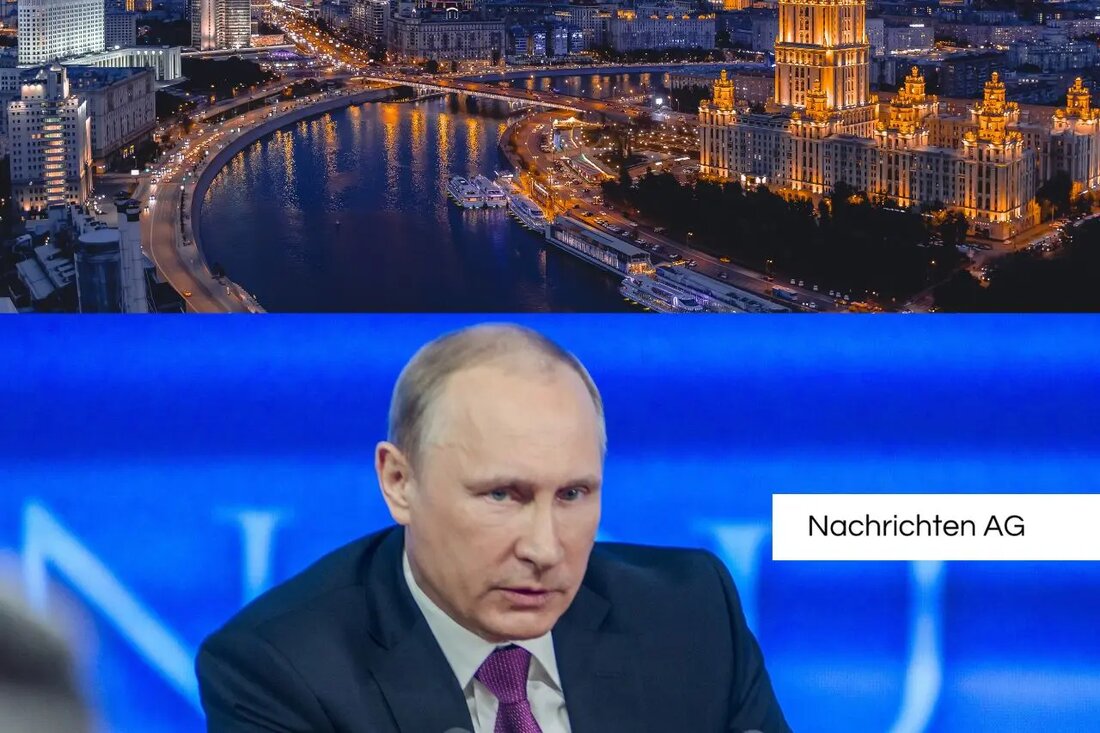Putin offers Istanbul talks: peace or new conflicts?
Putin offers Istanbul talks: peace or new conflicts?
Russia's President Vladimir Putin has made an offer to resume peace talks with Ukraine. The talks are to begin in Istanbul on Thursday, May 15th and take place without priority. Putin emphasizes that those who want peace cannot be against discussions. He does not react directly to the request of the Ukrainian President Wolodymyr Selenskyj after a 30-day ceasefire, but also announces a conversation with Turkish President Recep Tayyip Erdogan for Sunday, who had previously described Turkey as an ideal place for negotiations.
These developments are made against the background that a three -day unilaterally declared ceasefire has expired at midnight. Kremlin spokesman Dmitri Peskow has confirmed that these ceasefire no longer applies and numerous injuries to the agreements were reported. Both sides accuse each other of having carried out attacks while the announced ceasefire. Selenskyj rejected the acceptance of the apparent fire break as a manipulative strategy of Putin in order to celebrate the 80th anniversary of victory over Nazi Germany.
international reactions and sanctions
At the international level, French President Emmanuel Macron, British Prime Minister Keir Strandmer, German Chancellor Friedrich Merz and the Polish Prime Minister Donald Tusk are urging an unconditional ceasefire. Merz is optimistic about the diplomatic efforts to terminate the war. A joint explanation was passed in Kiev, which includes the demand for a 30-day ceasefire from Monday. Should Russia reject them, the United States and Europeans are threatened with stricter sanctions, especially in the banking and energy sector.
Russia has called for an end to the arms deliveries to Ukraine as a prerequisite for a 30-day break. Peskow has explained that a ceasefire from Ukraine would give advantages. Despite the current military challenges, Russia sees himself an advantage on his offensive in Ukraine and reacts calmly to the impending sanctions of the West.
historical context and challenges
The ceasefire negotiations for the Russian attack war against Ukraine began in spring 2022, but were demolished several times. By February 2025 there were no more bilateral peace talks. To date, the international community, including UN resolutions, has not been able to make a significant change in the attitude of Russia. The conflict has not only developed into a geopolitical dispute, but also raises questions about the sovereignty and territorial integrity of Ukraine.
various diplomatic attempts, including Donald Trump's mediation efforts in February 2025, have so far been unsuccessful. Ultimately, these new conversations in Istanbul seem to offer a possible bright spot, although the distrust between the two nations and the complexity of the demands of both sides are large hurdles.
Putin has urged that Russia is not responsible for breaking up the negotiations in 2022 and has thus rejected Ukraine's allegations. The path to a permanent peace remains unclear and characterized by numerous challenges, but the upcoming discussions could represent a new approach in the stuck conflict.
| Details | |
|---|---|
| Quellen | |


Kommentare (0)